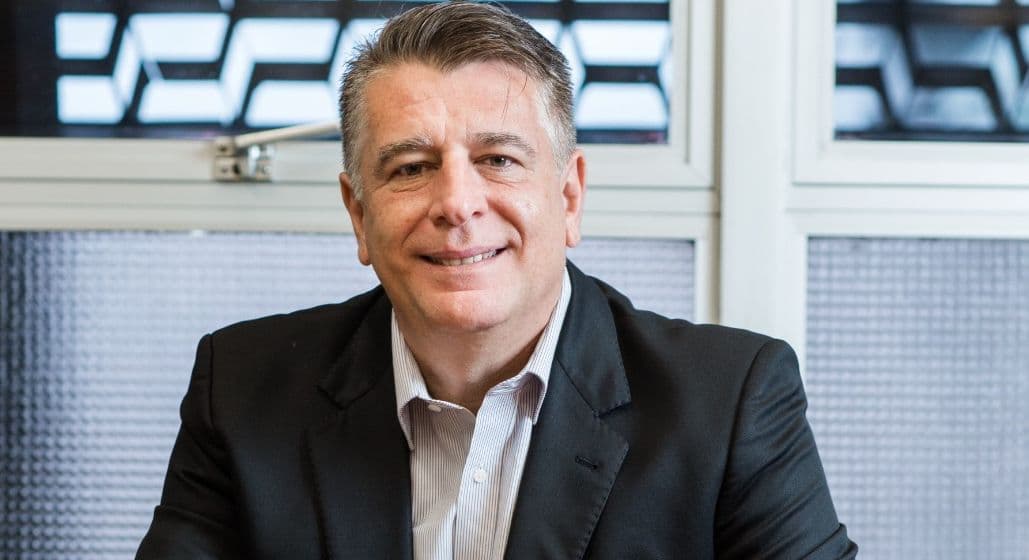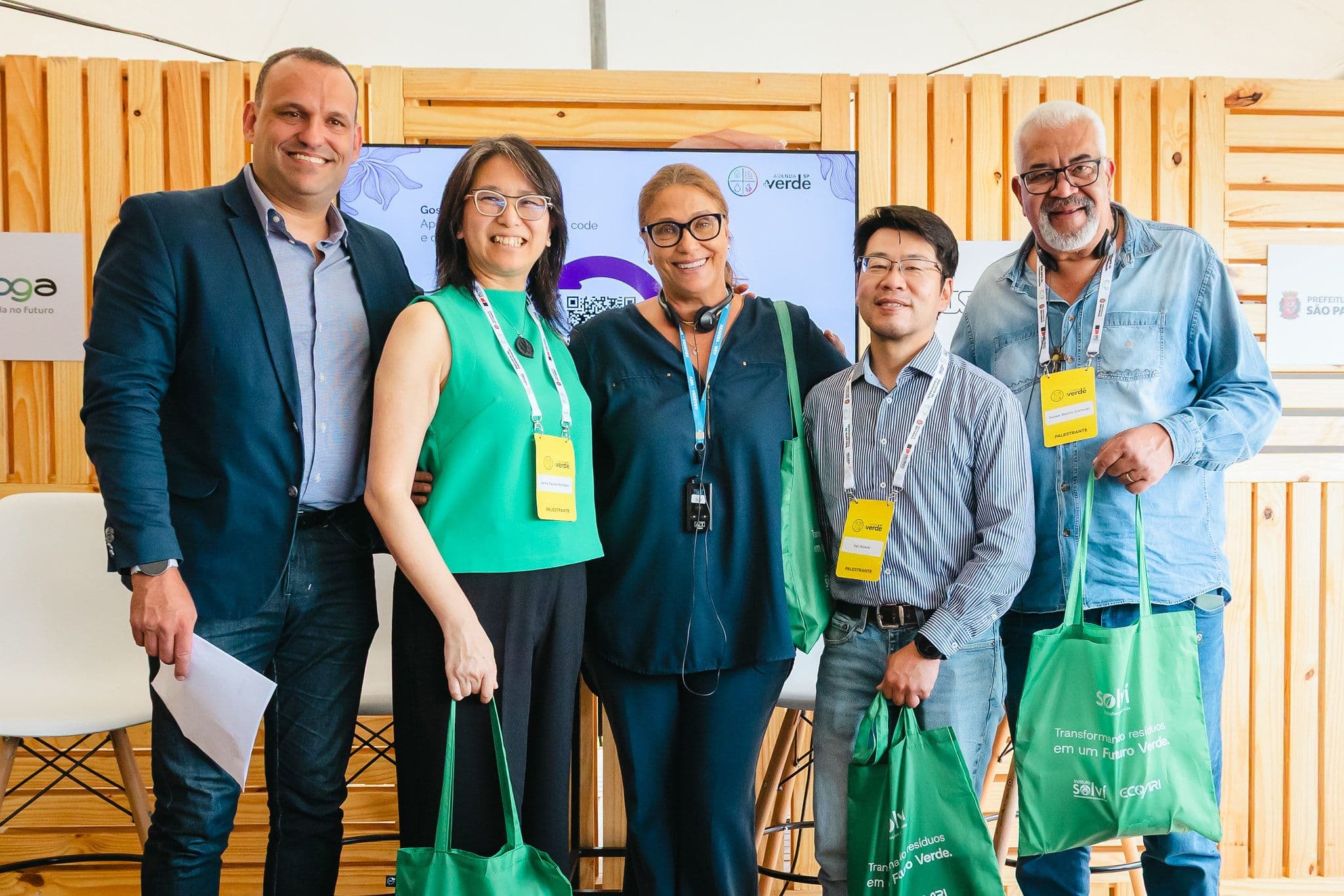
21/08/2025
From commitment to transformation: the Circular Economy demands persistent leadership
By Ademir Brescansin*
Green Eletron, partner of the Circular Movement
What does it actually mean to lead through sustainability? How can determination be maintained when results don’t appear right away? Are we truly prepared to uphold environmental commitments over the course of years—or even decades—without losing momentum? These questions take on even greater weight when we realize that we live in what scientists have called the Anthropocene, a new geological epoch proposed to highlight the multiple impacts of human activities on the planet, such as ecosystem disruption, climate change, biodiversity loss, and even alterations to geology itself.
Recently, I came across something that caught my attention and revealed an alarming fact: a study published in the scientific journal Nature showed that in 2020, the total mass of everything built by humans on the planet surpassed, for the first time in history, the combined mass of all living beings. It amounted to about 1.1 teratonnes of dry weight, and the calculation did not even include the accumulated waste mass. It is as if we had tilted Earth’s balance toward the side of built structures, altering the equilibrium that sustained life for millennia.
I see this realization as a warning of the urgency to rethink our relationship with the resources we use and the waste we generate. In this regard, the circular economy ceases to be just a concept and becomes a civilizational imperative. Within this model, reverse logistics for electronics, batteries, and accumulators takes on a key role, as it reduces the extraction of natural resources and reintegrates raw materials into the production cycle, while also generating socioeconomic benefits.
Even while recognizing this importance, I know that socio-environmental progress, as we’ve seen through successive conferences and intergovernmental meetings, rarely happens through abrupt breakthroughs. Seldom is there an announcement that changes everything overnight. In daily practice, I witness long negotiations, gradual consensus-building, and goals that advance step by step. Often, these results fall short of what I—and many others—would like. Yet, in my view, it is precisely this constancy—the almost silent work of stacking small victories—that builds the foundations for lasting transformations.
From this perspective, the circular economy is not an end in itself. Beyond waste management, it becomes a structuring strategy that drives innovation, fosters jobs, and strengthens local value chains. Thus, it positions itself as a fundamental lever for broader social and environmental goals, linking environmental conservation to value creation and opportunities.
However, this mechanism requires constant upkeep. It is essential to measure impacts, review processes, and establish ongoing dialogue with all stakeholders, including companies, government, and civil society. Communication must also be innovative, because an efficient infrastructure is of little use if citizens are neither informed nor motivated to participate. We must transform the perception of waste into value, creating conditions for that value to translate into tangible benefits for society and the environment.
Leading in this context means, above all, maintaining steadiness in the face of complexity. It is confronting the frustration of results not achieved within set deadlines, revisiting paths, adjusting strategies, and, most importantly, preserving a long-term vision. Understanding that changing the way we deal with resources and waste requires strategic patience—a virtue increasingly rare in a fast-paced world.
Ultimately, persisting in this countercurrent is a profound act of affirming, day after day, that the future is not predetermined but is a constant construction.
[FEATURE ARTICLE WITH A CIRCULARITY LEADER]
Ademir Brescansin* is a mechanical engineer and holds a master’s degree in Environmental Management and Sustainability. He has worked for more than 30 years in the electronics sector and is currently the Executive Manager at Green Eletron, a management entity created to oversee nationwide reverse logistics systems for electronics and portable batteries.
*This text was automatically translated with the help of artificial intelligence and reviewed. Still, there may be slight differences compared to the original version in Portuguese.

